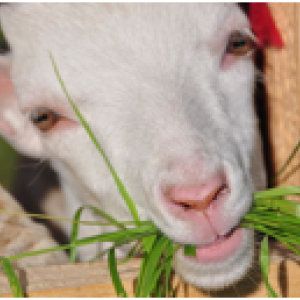
Despite a focus on reducing fossil fuel consumption, cuts in these emissions by themselves will not sufficiently address climate change.
The world's livestock sector is responsible for a significant proportion of anthropogenic greenhouse gas emissions, and account sfor large tracts of land for grazing. This Nature Climate Change commentary focuses on how reducing global ruminant numbers can make a major contribution to mitigating climate change while also addressing related major issues such as land use and environmental conservation, deforestation, food security and global health. To date, livestock sectors have been largely exempt from climate policies. While reducing ruminant numbers will certainly be a complicated and long-term endeavour, the article emphasises that it should be considered alongside fossil fuel related measures.
Abstract
Greenhouse gas emissions from ruminant meat production are significant. Reductions in global ruminant numbers could make a substantial contribution to climate change mitigation goals and yield important social and environmental co-benefits.
Citation
RIPPLE, W.J., SMITH, P., HABERL, H., MONTZKA, S.A., MCALPINE, C. and BOUCHER, D.H., 2014. Ruminants, climate change and climate policy. Nature Clim.Change, 4(1), pp. 2-5.
Read the full paper here.







Post a new comment »